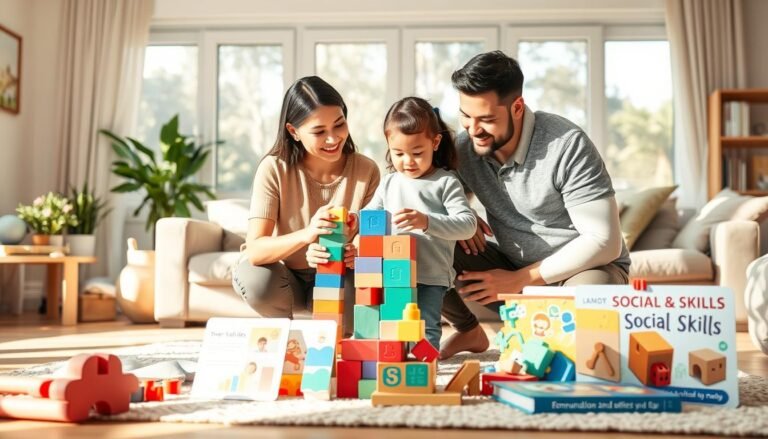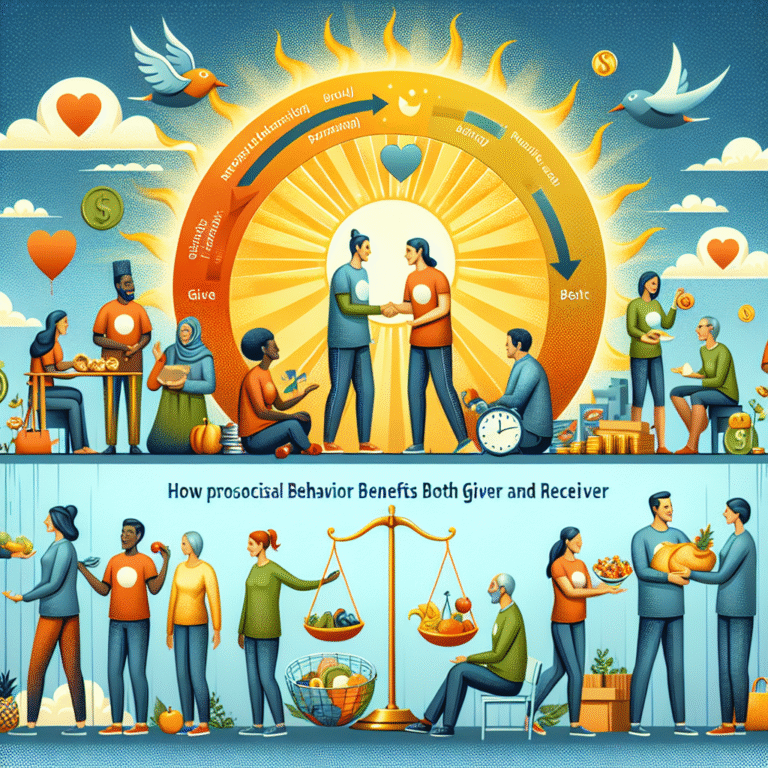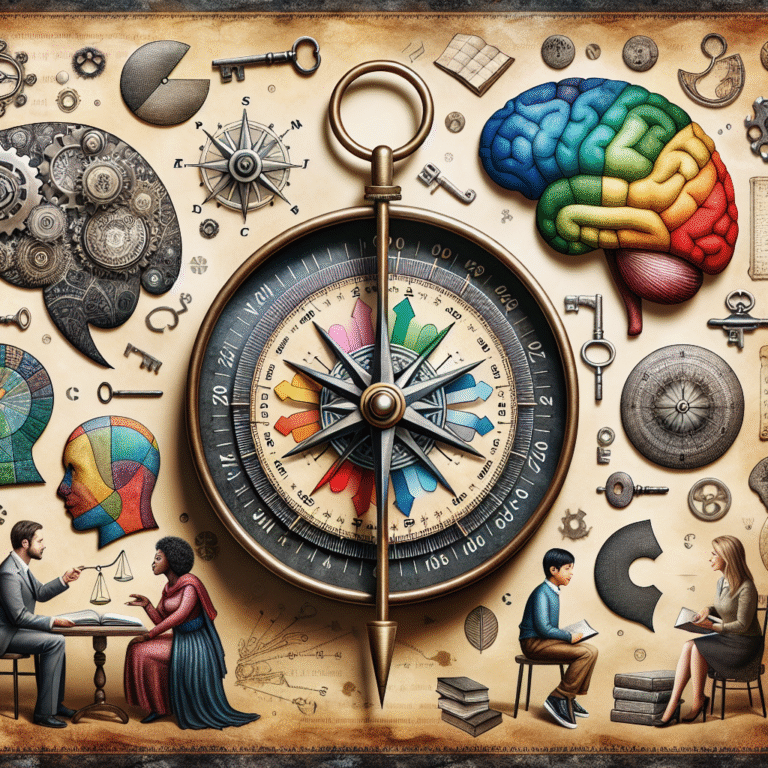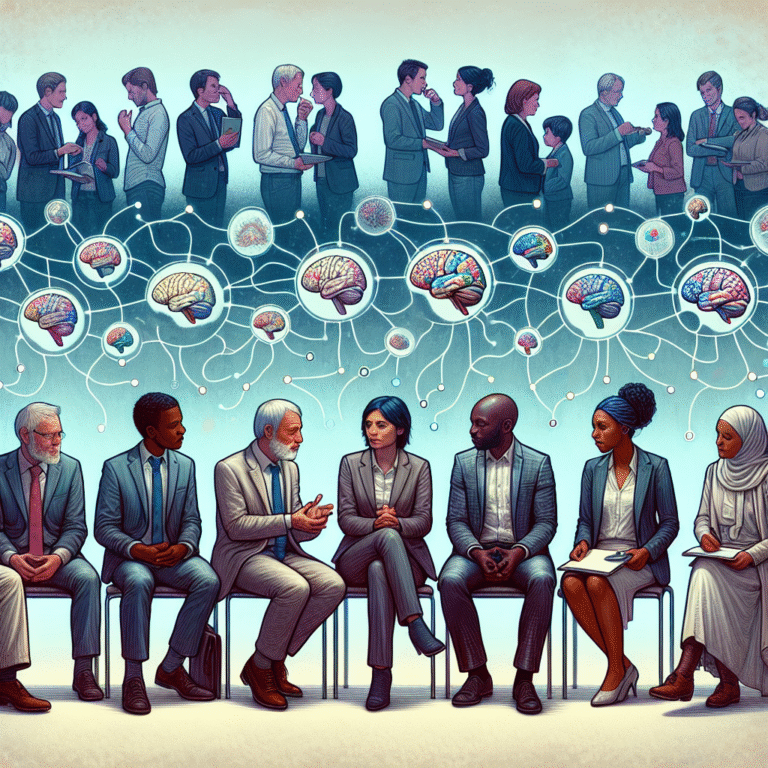
Introduction
In a rapidly changing world, the youth face numerous challenges and opportunities, making the importance of social connections more vital than ever. The statement "Building Bridges: The Importance of Healthy Peer Relationships in Youth Development" encapsulates a foundational element of growing up: relationships. Building bridges between peers is not just an ethereal concept; it has tangible, positive ramifications for young people’s emotional, social, and cognitive development. This article delves into the ways healthy peer relationships serve as a cornerstone for youth development, examining why they matter, how they can be nurtured, and what unique benefits they offer.
The Foundation of Youth Development
Healthy peer relationships provide a safe environment for young people to explore their identities, develop social skills, and gain emotional resilience. The following headings will explain how these relationships shape youth development.
Emotional Support: The Heart of Peer Relationships
Emotional support is the bedrock of any relationship, particularly among youth. Research shows that young people who cultivate strong peer relationships experience lower levels of stress and anxiety. A study from the University of Pennsylvania found that adolescents with supportive social networks reported higher self-esteem and life satisfaction.
Case Study: The Power of Supportive Friendships
In a small town in Ohio, a group of high school students formed a mental health awareness club. Through their peer relationships, they created an environment where students felt safe discussing their struggles openly. The results? A reported decrease in anxiety levels among members and increased participation in school activities. This demonstrates the power of emotional support in peer relationships: when youth feel emotionally secure, they are more likely to thrive.
Social Skill Development: Learning through Interaction
Young people learn critical social skills through interactions with their peers. These skills include communication, teamwork, and conflict resolution, all necessary for adulthood. A study by the National Institute of Child Health and Human Development emphasizes that children who engage in positive peer interactions exhibit better social and academic outcomes.
Case Study: Group Projects in Action
At a local junior high school, a teacher implemented a project-based learning model where students worked in groups on scientific experiments. This collaborative environment fostered relationships among students and enhanced their communication skills. Observations showed that students who engaged in this collaborative work became not only better friends but also improved their academic performance significantly.
Cognitive Development: The Role of Peer Learning
Peer relationships contribute to cognitive development through shared experiences and cooperative learning. When youth collaborate, they can learn from one another, enhancing critical thinking and problem-solving skills. According to a report by the American Psychological Association, collaborative learning opportunities within peer groups can enhance cognitive performance.
Case Study: Study Circles in Action
At a community center in California, a group of high school students formed study circles to help each other with difficult subjects. By teaching one another and sharing different perspectives, students not only raised their grades but also forged lasting friendships. This initiative demonstrates that cognitive development is enriched through supportive peer relationships.
Fostering Empathy and Emotional Intelligence
Healthy peer relationships foster empathy, an essential component of emotional intelligence. The ability to understand and be sensitive to the feelings of others enhances interpersonal relationships and creates a nurturing environment for youth. Research by the University of California, Berkeley shows that empathetic adolescents tend to engage in more prosocial behaviors, contributing to a better community atmosphere.
Case Study: Volunteering Initiatives
In a local community, a group of teenagers volunteered at a shelter, working closely together and assisting those in need. The experience deepened their emotional understanding of the struggles faced by others and fostered a sense of empathy. Surveys conducted post-volunteering showed increased levels of social responsibility among participants. This case highlights how peer relationships can be a catalyst for developing emotional intelligence and empathy.
The Role of Adults in Building Bridges
While youth peer relationships are critical, adult involvement cannot be underestimated. Parents, teachers, and mentors play essential roles in shaping and supporting healthy peer connections. Encouragement from adults can help youth develop relational skills and foster a culture that values strong connections.
Case Study: School Mentorship Programs
In a mentoring program at a local high school, older students were paired with younger students to guide them through their transitional years. This not only strengthened peer relationships but also provided the younger students with role models. Feedback indicated that mentees experienced a boost in self-confidence and connection to the school community. This reinforces how adult involvement can bridge gaps and support healthy peer relationships.
Common Challenges and Solutions in Peer Relationships
While the benefits of healthy peer relationships are clear, challenges can arise. Common issues include peer pressure, cliques, and social anxiety. Understanding these challenges is crucial for fostering a supportive environment.
Table: Challenges and Solutions
| Challenge | Description | Solutions |
|---|---|---|
| Peer Pressure | The influence of friends to engage in negative behaviors | Open discussions with youth about the consequences of certain actions. Encourage individuality and self-advocacy. |
| Social Anxiety | Fear of social interactions can hinder connections | Create safe spaces for interaction, like small groups and team-building activities. |
| Cliques | Exclusivity that can alienate others | Promote inclusivity and organize mixed-group activities to break down barriers. |
Each challenge presents an opportunity for mentorship, education, and constructive conversation, highlighting the importance of supportive adults in navigating these complexities.
Actionable Insights: Building Bridges
To harness the power of peer relationships in youth development, consider these actionable strategies:
Encourage Open Communication: Create a culture at home or school where feelings and thoughts can be shared without judgment.
Model Healthy Relationships: Adults should demonstrate compassionate, respectful relationships, providing youth with tangible examples.
Facilitate Team Activities: Organize events that promote teamwork and collaboration to help foster peer connections.
Promote Empathy: Engage youth in community service projects to widen their perspective and emphasize the importance of helping others.
- Provide Recognition: Recognize positive social interactions and teamwork, reinforcing the value of healthy peer relationships.
Conclusion
"Building Bridges: The Importance of Healthy Peer Relationships in Youth Development" is more than a slogan; it embodies the essence of what young people need to thrive. Emotional support, social skills, cognitive development, empathy, and adult involvement all play significant roles in forming healthy relationships. By recognizing the challenges and proactively addressing them, we can empower youth to build bridges that facilitate their growth.
Healthy peer relationships are essential not just for individual development but also for creating communities that thrive on mutual support and understanding. Let us inspire the next generation to develop these vital connections and watch them flourish.
FAQs
Why are peer relationships important in youth development?
- Healthy peer relationships provide emotional support, foster social skills, and enhance cognitive development, contributing actively to a young person’s overall development.
How can parents support their child’s peer relationships?
- Parents can encourage open communication, model healthy social behaviors, and provide opportunities for their children to meet new friends.
What role do teachers play in fostering healthy peer relationships?
- Teachers can create collaborative classroom environments, provide mentorship opportunities, and promote inclusive practices that help students connect effectively.
What can youth do to improve their peer relationships?
- Youth can practice active listening, engage in team activities, and be open to forming connections with diverse groups of people.
- How can youth overcome social anxiety in peer interactions?
- Creating smaller, more intimate group settings for interaction, practicing social skills, and seeking support from trusted adults can help youth cope with anxiety in social situations.
By exploring the multifaceted role of peer relationships in youth development, we lay down the pathway toward producing well-rounded, emotionally intelligent, and socially adept individuals. Each bridge built today will lead to resilient communities of tomorrow.

















